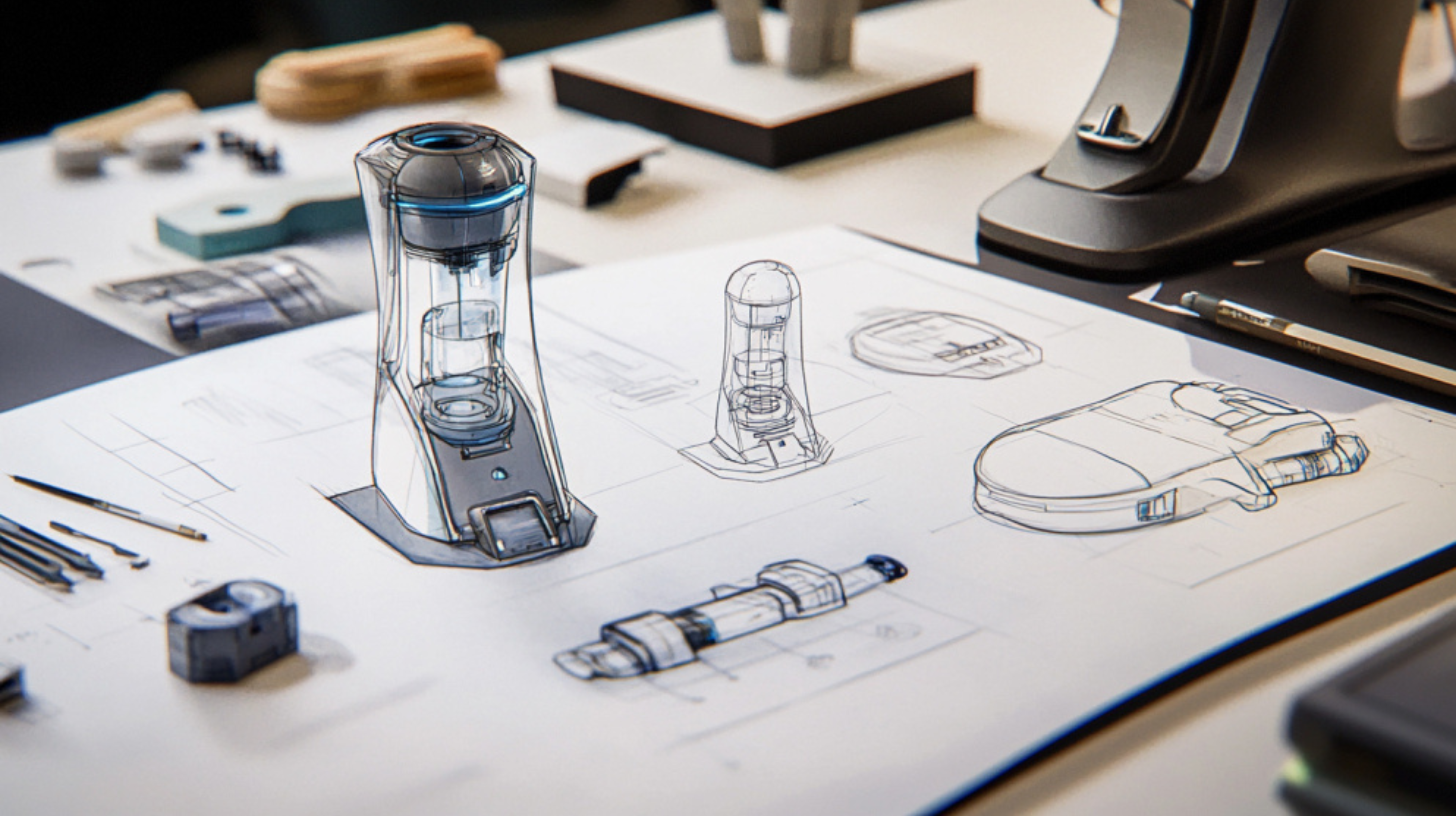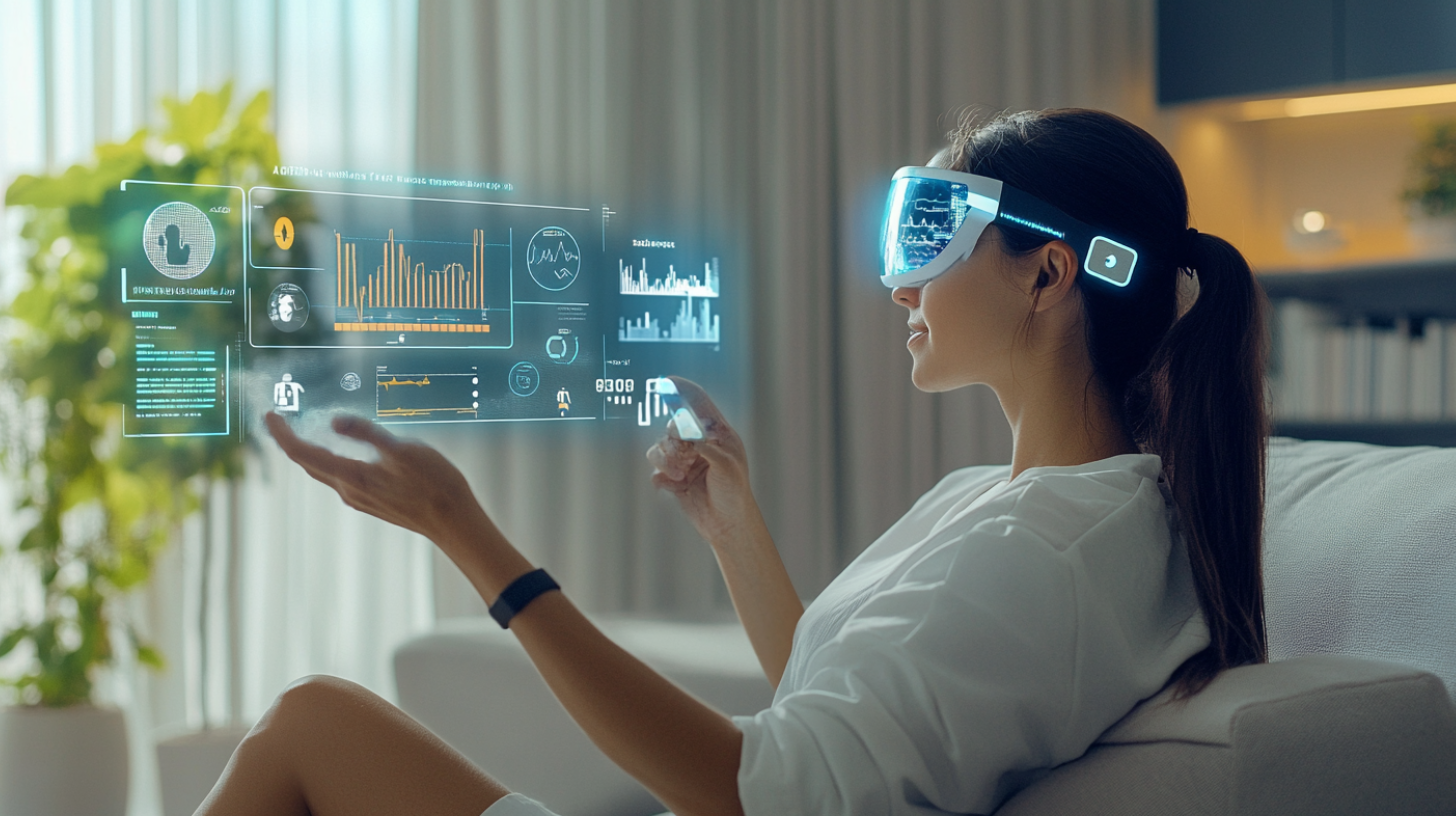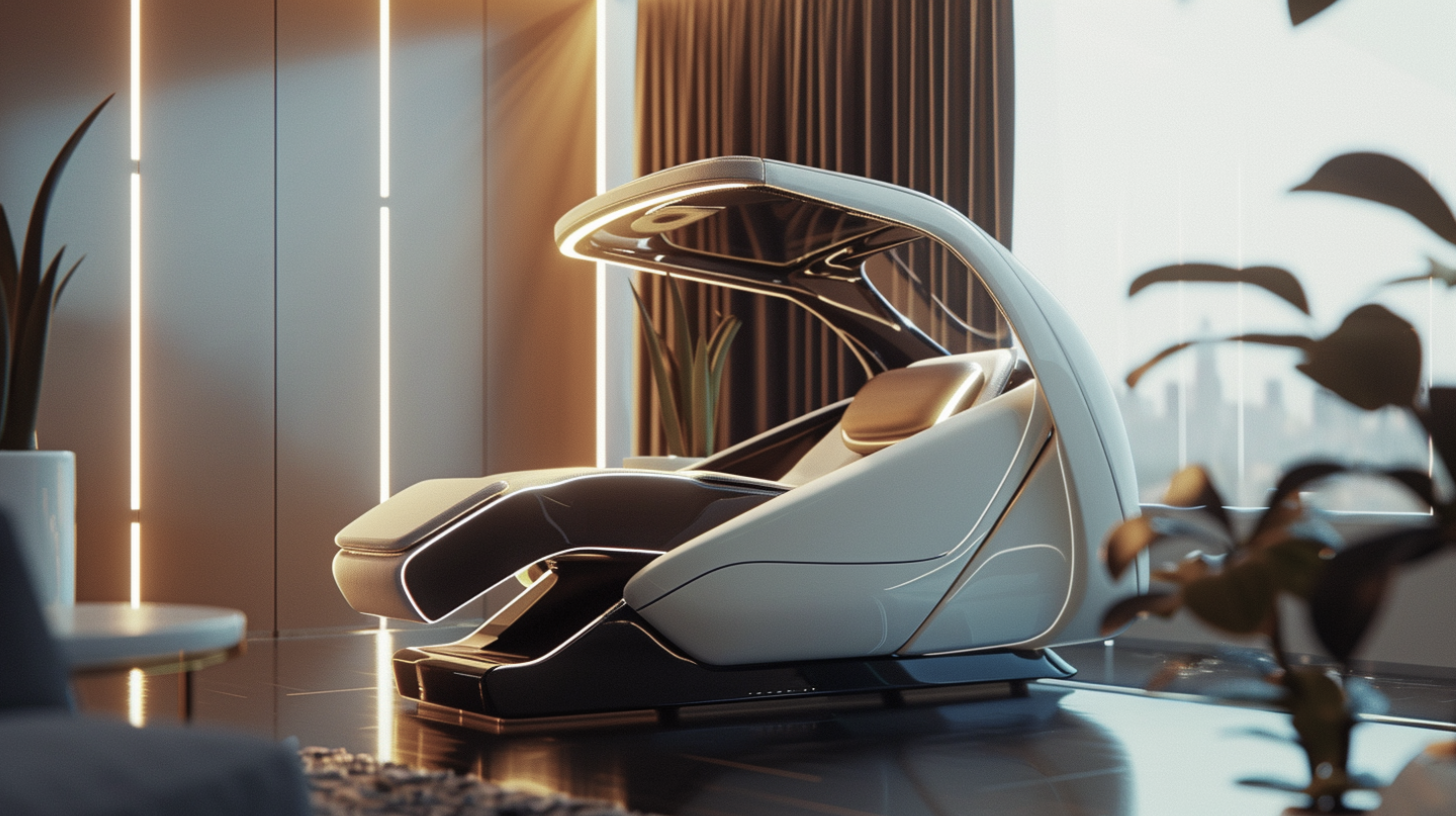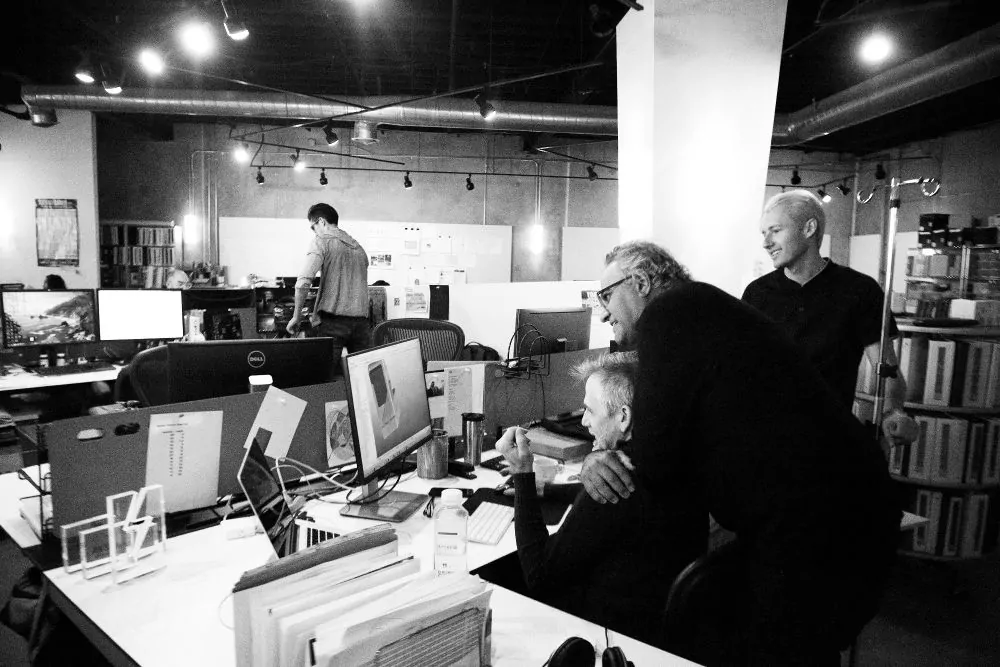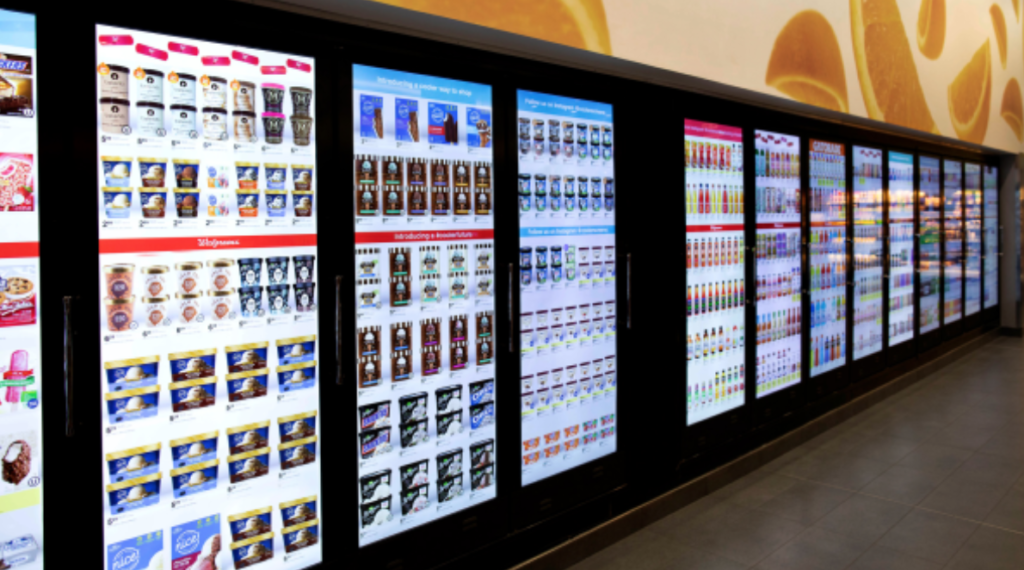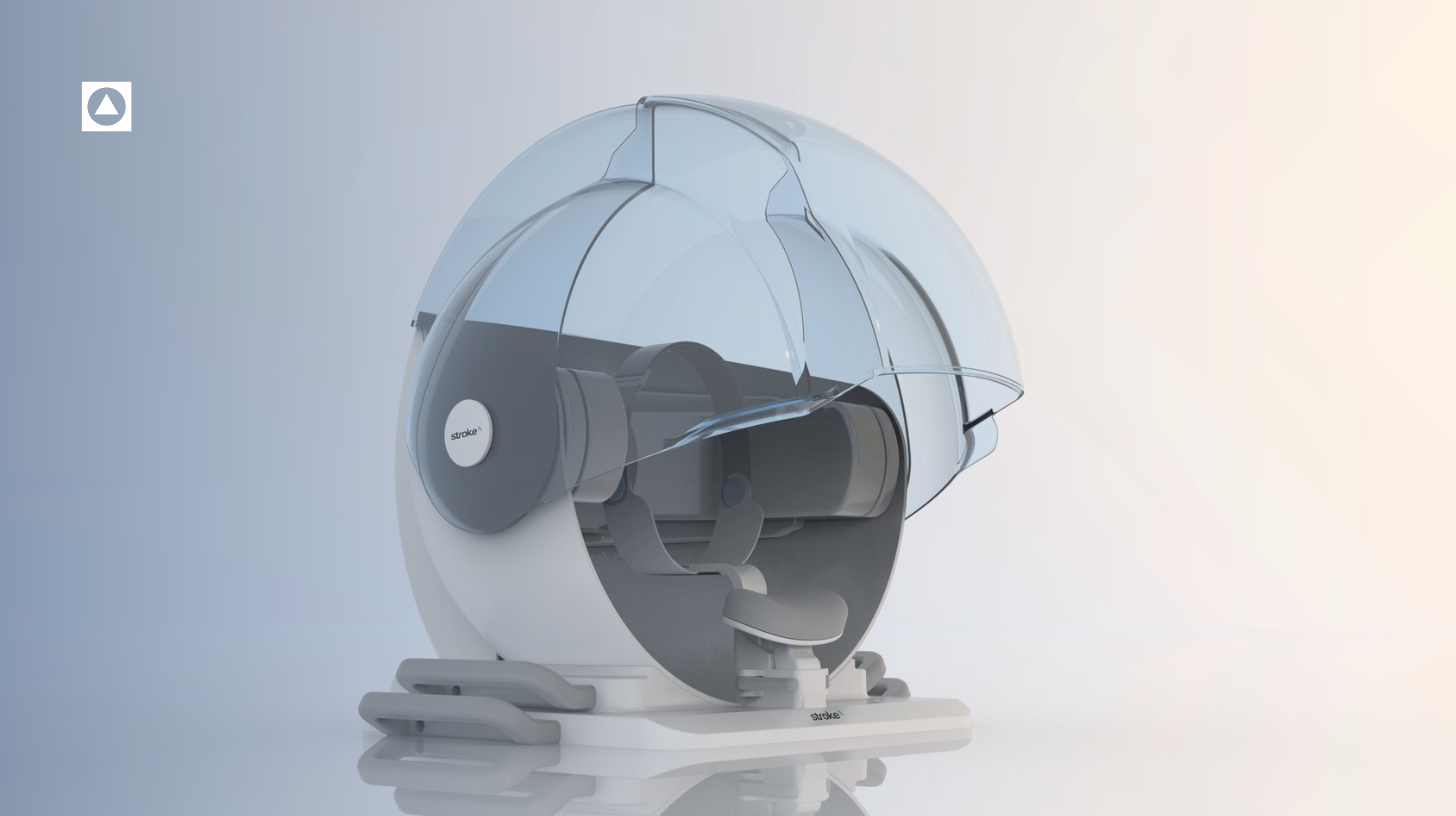In response to https://www.fastcompany.com/90302382/its-not-just-google-or-facebook-the-freezer-aisle-is-ad-targeting-you-too
We live in a society where we have given up privacy with technology listening to our conversations but is this new digital offering going too far? What is the balance… Now we are drastically losing the trust factor…
With everything happening in our world, trust is one of the most important factors to keep in mind and design for, if not the most important factor. Building trust is hard, so now take away glass and replace it with a screen that shows consumers what people think they want to see. How does this build trust? Glass is clear and there is no hiding. That is why websites like Glassdoor have it in the name. Now when you shop, you will see beautiful boxes and bottles and bags of food, and when you open the door who knows what will be behind it. The screen will also show you advertisements throughout your entire shopping experience. What happens when a screen starts malfunctioning? It is like when you board a plane and get excited about the screens in the headrests…until you realize you’re in the one seat that the screen does not work.
Not only just thinking about consumers…. Will this just make it harder for employees of these stores to ensure the isles are tidy and fully stocked if they can’t do a quick walk by check…making their job harder. Valuable time that the employee could be using to help the customers…
As we move forward with technology, it is imperative that we remember to ask not only the users what they need and what their current problems are… but all stakeholders; currently employees, managers, business owners, etc. And then actually listen to them. As a design research and strategist, I only wonder what stakeholders were asked about this screen replacement, and if they responses were analyzed, or if people just heard, “oh that’s cool.” and took that as the go-ahead.

